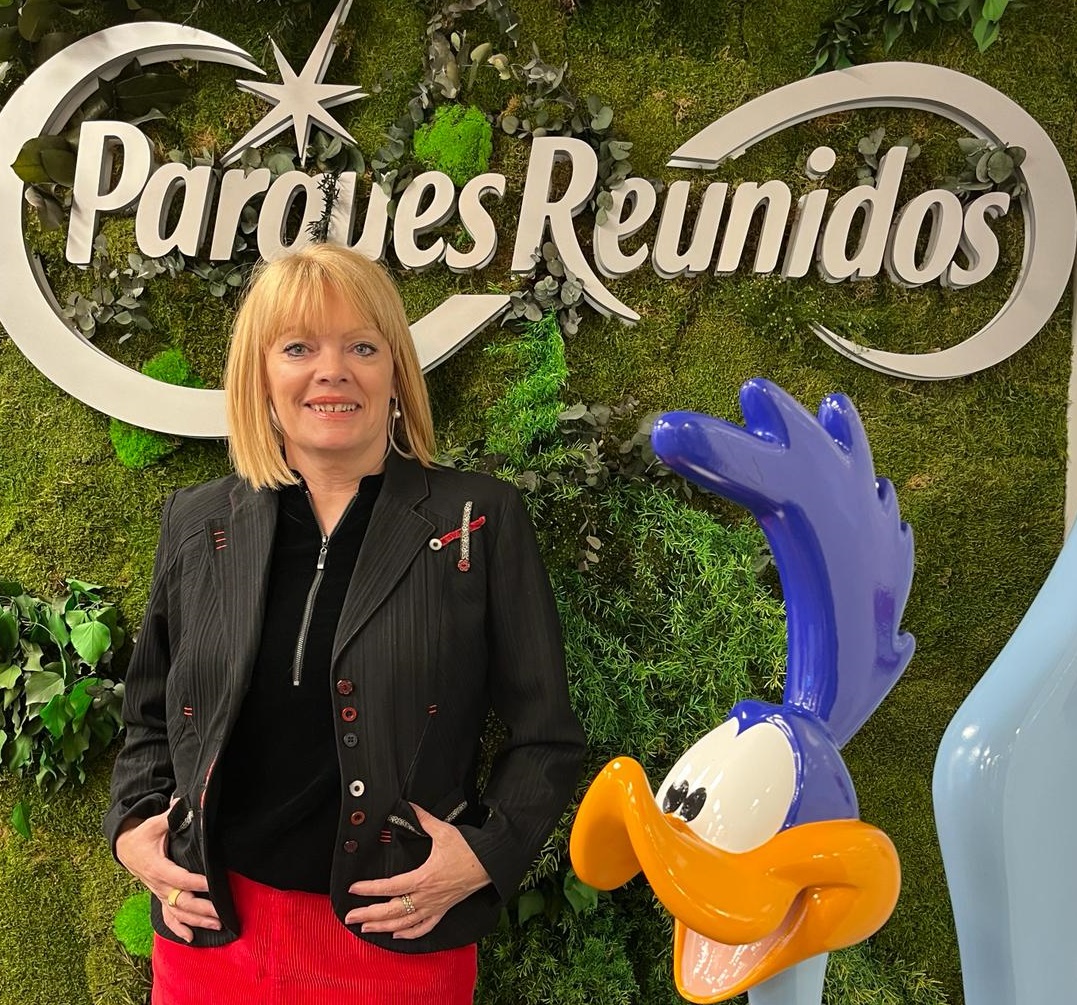.jpg)
Pablo Fernández de Larrinoa: zoos support to in situ conservation
Find out how to enable YouTube subtitles here
Pablo Fernández de Larrinoa is one of the people who have enabled made such progress. He leads CBD-Hábitat‘s Mediterranean Monk Seal Conservation Program, whose objective is to protect the largest Mediterranean monk seal colony on the Cabo Blanco coast in Mauritania. The project is a success story for in situ conservation and one of the main conservation programs in the Parques Reunidos Foundation.
The Mediterranean monk seal has been classified by the International Union for the Conservation of Nature (IUCN) as a critically endangenred species. The main threat that this species faces is the loss of natural habitat caused by overfishing or by the rise of coast tourism. Yet, through conservation programs, this species’ population has been rising in the last few years, supassing 600 individuals worldwide.
The importance of in situ conservation
“In situ conservation programs such as ours are applied to the populations living in the wild, while ex situ conservation entails reproduction in captivity and animal keeping away from their original habitat.”
These are two different models to be applyied according to each specific case. Sometimes, the survival of some animals is only possible through certain ex situ conservation procedures developed by zoos and recovery centers. “Some species, like the dama mohor gazelle, are extinct in the wild and are very difficult to reintroduce because the causes of their extinction have to been faught. They only survive in captivity until the causes for extinction can be overcome and the species can be reintroduced in their natural habitat”, explains Pablo Fernández de Larrinoa.
WHAT WOULD HAPPEN IF ZOOS DID NOT EXIST?
On Pablo Fernández de Larrinoa’s opinion, several important issues that are key for the conservation of biodiversity. “The first would be the direct financial support that zoos give to in situ conservation programs; a second issue would be the access to the vast technical knowledge available within the zoo community, as well as the great professional resources of all those who work there that benefits the environment; the third issue would be that society would become ever more distant from natural environments”.
Pablo Fernández de Larrinoa leads a program that relies on a three-part strategy. First, protecting the monk seal propulation, the breeding caves and their environment; then, executing a constant follow-up of the monk seal population and their development; and finally, fostering social involvement, raising awareness and educating the local communities. The Parques Reunidos Foundation actively collaborates with this project since 2010, donating funds and providing technical and human assistance from the zoos.
EXPERTS’ FOCUS GROUP ON BIODIVERSITY
Along with Pablo Fernández de Larrinoa, the Experts’ Focus Group is formed by:
- Enrique Alonso, Permanent Member of Spanish State Council; UNESCO Chair on Spatial Design and the Environment; Honorary Researcher at the Franklin-UAH Institute and the Monterey International Institute of California;
- Alberto Díez, InfoZoos spokesperson;
- Jesús Fernández, President of the Fundación Parques Reunidos;
- Luis Mariano González, head of Conservation Action at the General Sub-directorate on Biodiversity and Natural Environment, Ministry for Ecological Transition;
- Pedro Lorenzo, Dean of the Veterinary Science School, Universidad Complutense de Madrid;
- Xavier Manteca, Professor, Animal and Food Science Department, School of Veterinary Science of the Universidad Autónoma de Barcelona, and the group’s moderator;
- Odile Rodríguez de la Fuente, General Director and President of the Fundación Félix Rodríguez de la Fuente;
- Julián Santiago, Research Professor at the Instituto Nacional de Investigación y Tecnología Agraria y Alimentaria (INIA);
- Andrea Torres, biologist for InfoZoos;
- Felipe Vilas, President of the Madrid Official College of Veterinarians.
Recent entries
-
From Science to Care: Spain Leads Breakthrough Research on Animal Welfare
.jpg)
-
Protecting Giants: An Interview with Kristian Bold on Blackpool Zoo’s EleFest and the Power of Community Conservation
-
At Parques Reunidos, We Believe Fun Starts from Within
.jpg)
-
Reigniting Leadership Through Reflection: A Conversation with Samantha Laurent

Summary video from the first Focus Group meeting

